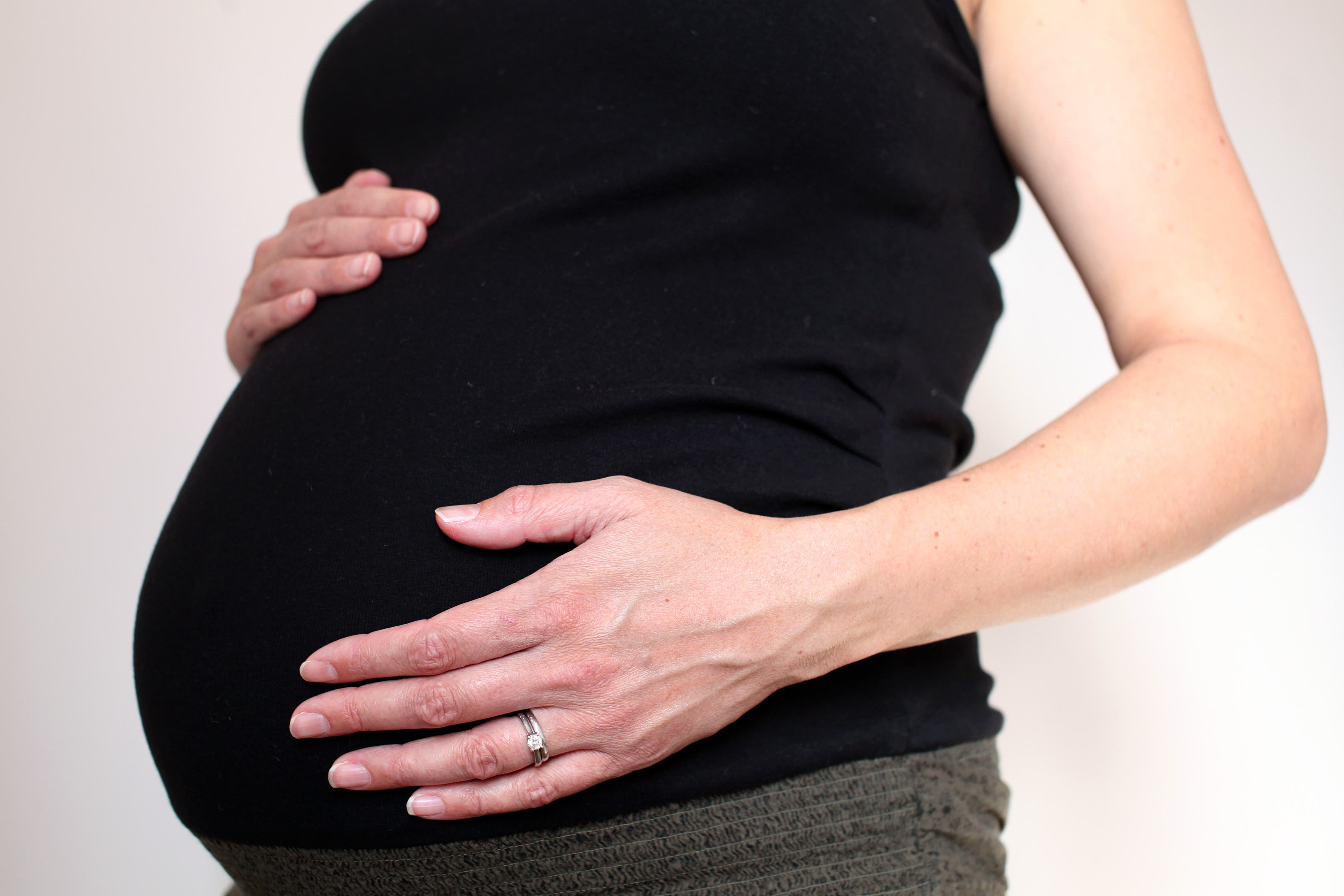What is whooping cough and why are cases so high?
The bacterial infection, also known as pertussis, affects the lungs and breathing tubes.

Five babies have died after being diagnosed with whooping cough amid a rise in cases across England.
Here the PA news agency answers your questions on the condition.
– What is whooping cough?
The bacterial infection, also known as pertussis, affects the lungs and breathing tubes.
Whooping cough is sometimes called the “100-day cough” because of how long it can take to recover from it, and it spreads very easily.
– What are the symptoms?
The first signs of whooping cough are similar to a cold and can include a runny nose and sore throat, but after about a week, the infection can develop into coughing bouts that last for a few minutes and are typically worse at night.
Young babies may also make a distinctive “whoop” or have difficulty breathing after a bout of coughing, though not all babies make this noise.
– Who is most affected?
The majority of cases (51%) have been diagnosed among people aged 15 and over but the condition is most serious in babies. Between January and the end of March, 108 babies under the age of three months were diagnosed with whooping cough.
– How many cases have there been?
There were 2,793 cases reported between January and the end of March, according to UK Health Security Agency (UKHSA) figures.
In March alone, some 1,319 cases were reported. There were 556 cases recorded in January and 918 in February.
– How does this compare to previous years?
There were 858 cases for the whole of 2023.
– Why are cases so high?
Health officials at the UKHSA describe whooping cough as a “cyclical disease”, which means it peaks every few years. With whooping cough this peak usually occurs every three to five years. The last big increase was seen in 2016.
But cases dipped to very low numbers during the coronavirus pandemic – likely due to a lack of socialising and social distancing measures – which means the current peak is “overdue”, the UKHSA said.
It added the impact of the pandemic means there is “reduced immunity in the population”.
Vaccination rates have also decreased in recent years.
– What can people do to protect themselves?
Pregnant women are being urged to take up the offer of the whooping cough vaccine so they can pass on protection to their babies, which should last until they are old enough to get vaccinated themselves.
Parents are also being advised to take up the offer of vaccination for children when called forward.
– When can people get vaccinated?
The NHS recommends all pregnant women are vaccinated against whooping cough between 16 and 32 weeks.
When a baby is eight weeks old they are offered the six-in-one vaccine, which includes immunisation against whooping cough.
The second dose of the vaccine is offered at 12 weeks and the third is offered at 16 weeks.
When children are three years and four months old they will be offered the four-in-one pre-school booster, which protects against pertussis.